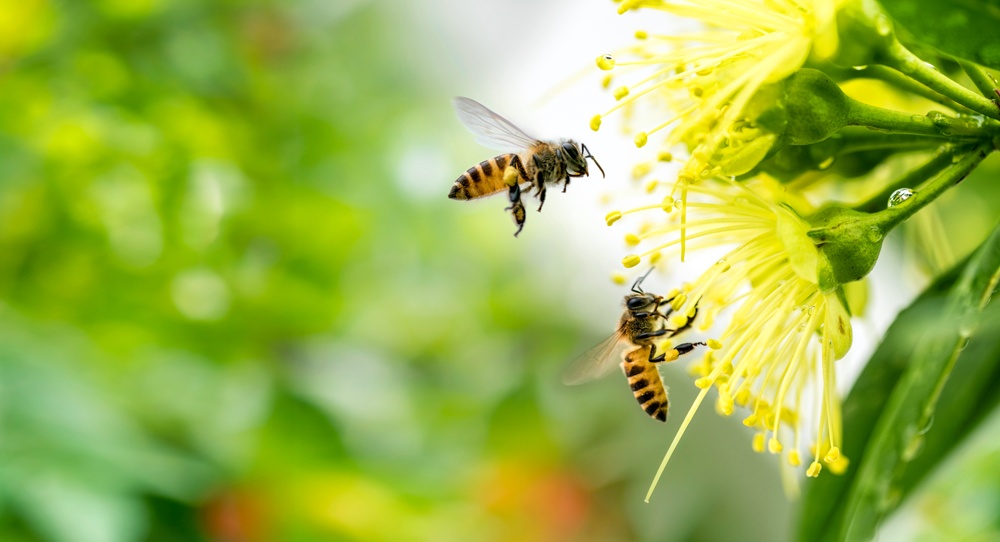Source: Phys.org
Stingless bees in the Colombian Andes are adapting to the insecticide abamectin, a derivative of the widely used insecticide ivermectin, by ingesting it along with pollen from pasture flowers. Researchers collected bee bread from 16 wild colonies of Tetragonisca angustula over four months and analyzed it for pesticides. They found abamectin in 59.3% of the samples, with varying concentrations. Despite potentially lethal levels, colonies with high abamectin content grew at similar rates to those with low levels.
Manipulative experiments revealed that bees in pasture-rich areas were developing tolerance to abamectin, originating from cattle anti-parasite medication excreted into the soil and absorbed by plants. The plants then convert ivermectin into abamectin. This adaptation allows bee colonies in high-pasture regions to thrive similarly to those in low-pasture areas. The study, published in PNAS Nexus, highlights the complex interactions between agricultural practices, insecticides, and insect adaptations in natural ecosystems.
Read the full story HERE: https://phys.org/news/2024-03-wild-bees-tolerance-veterinary-drugs.html

